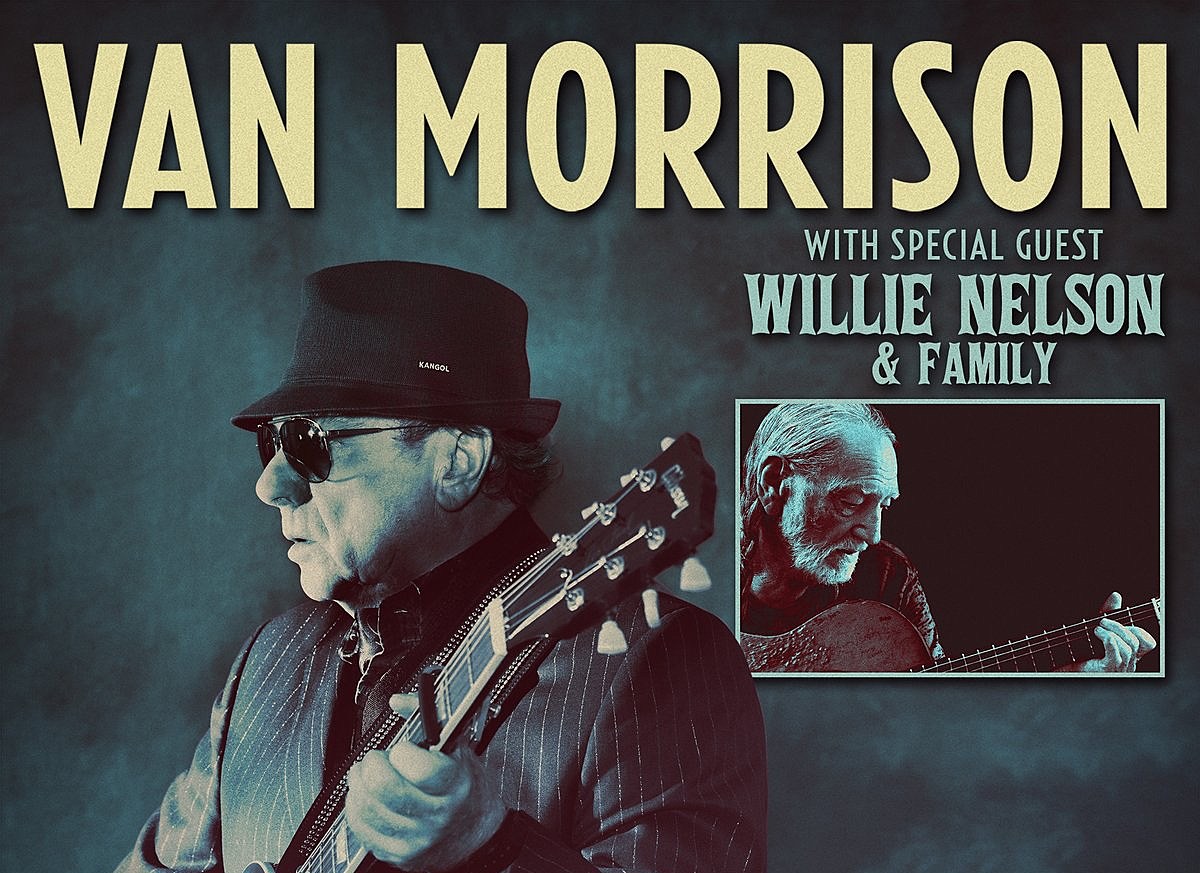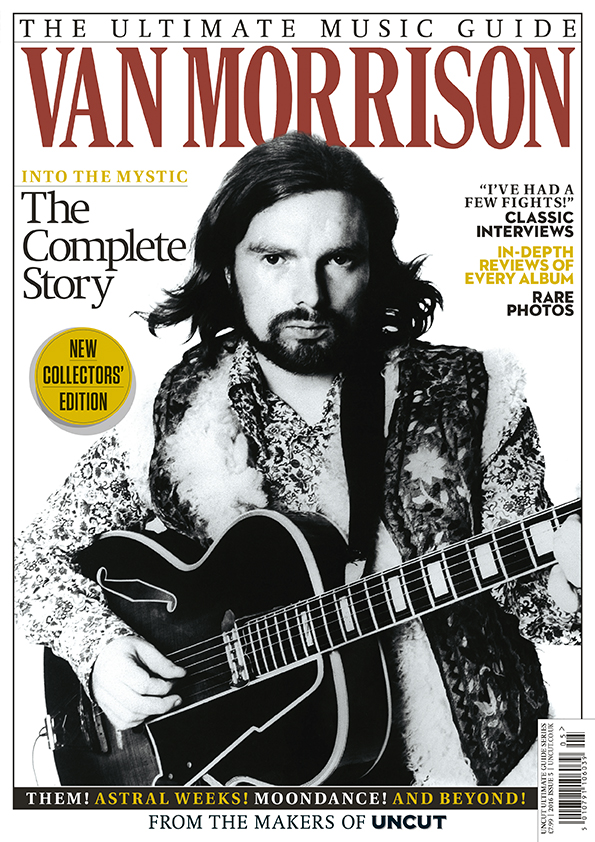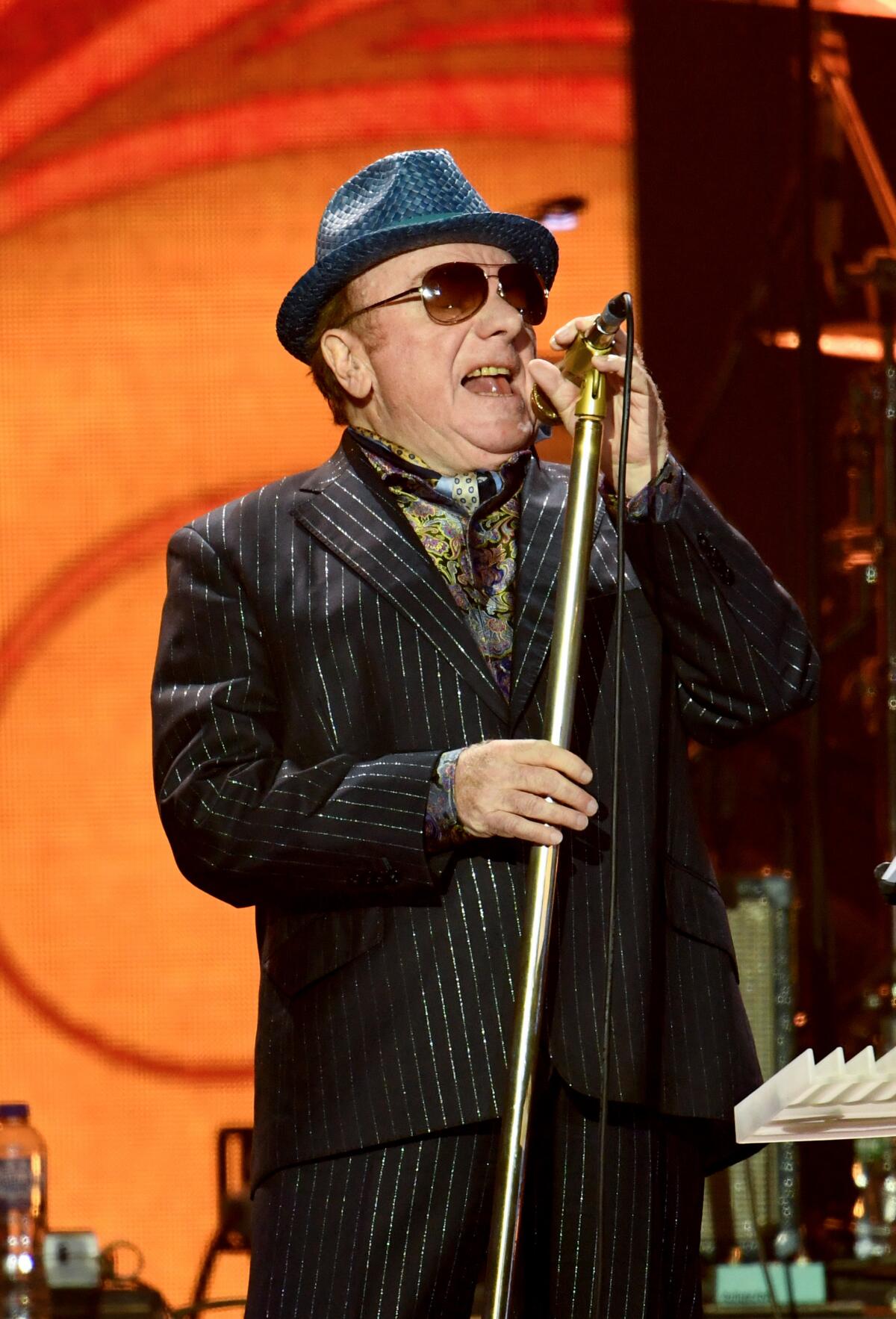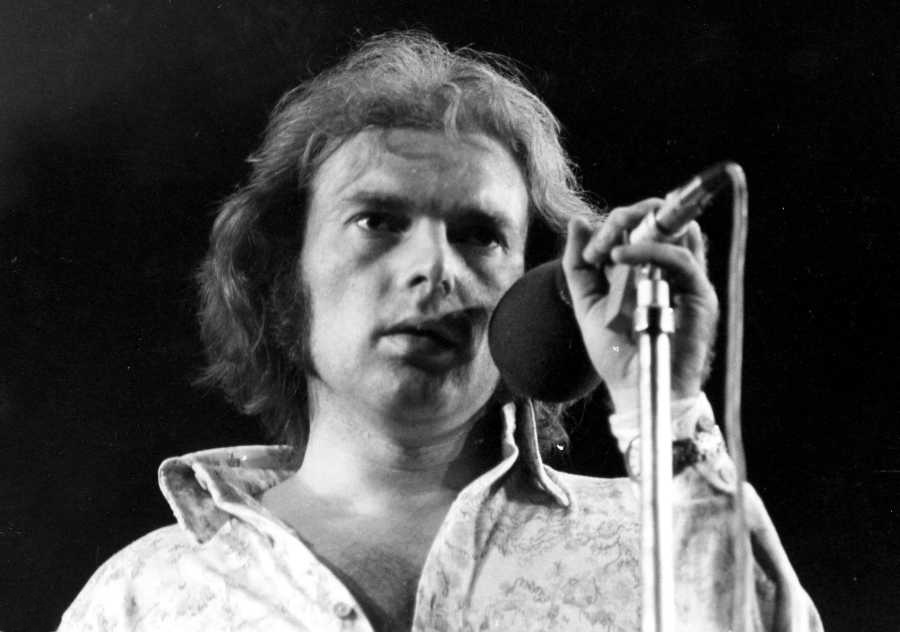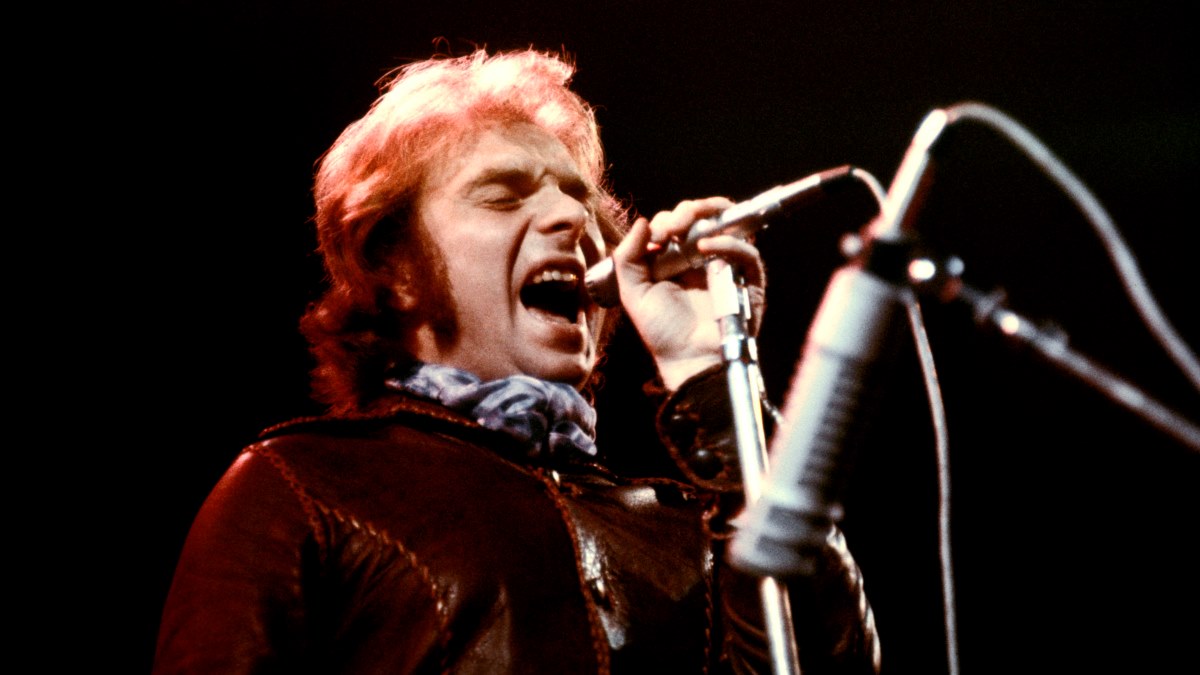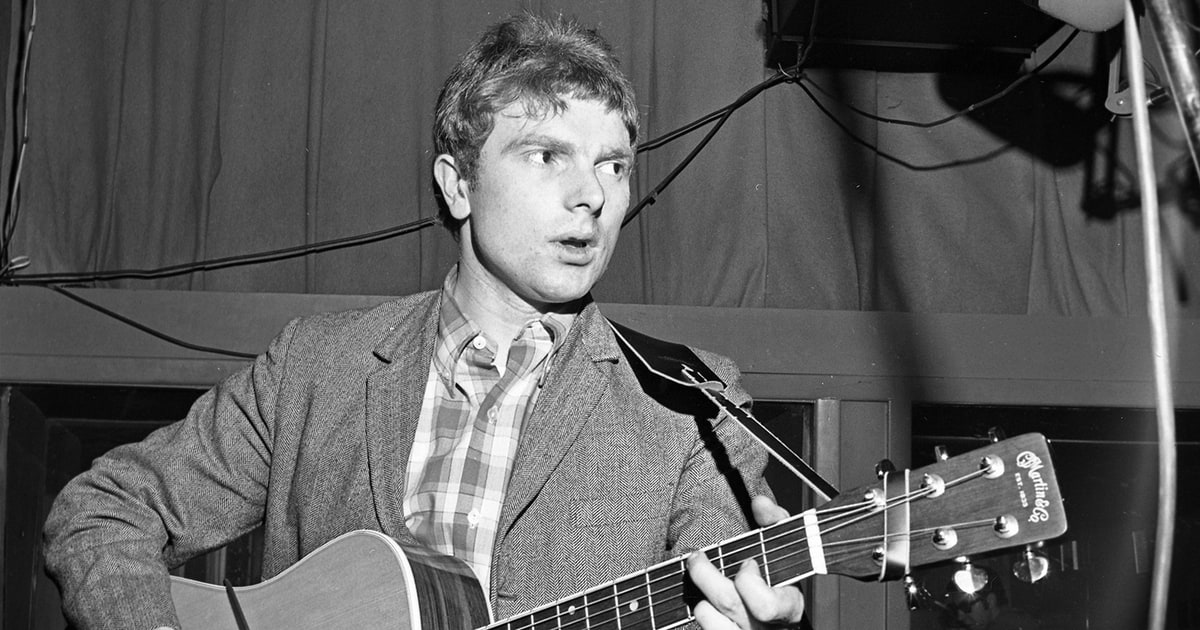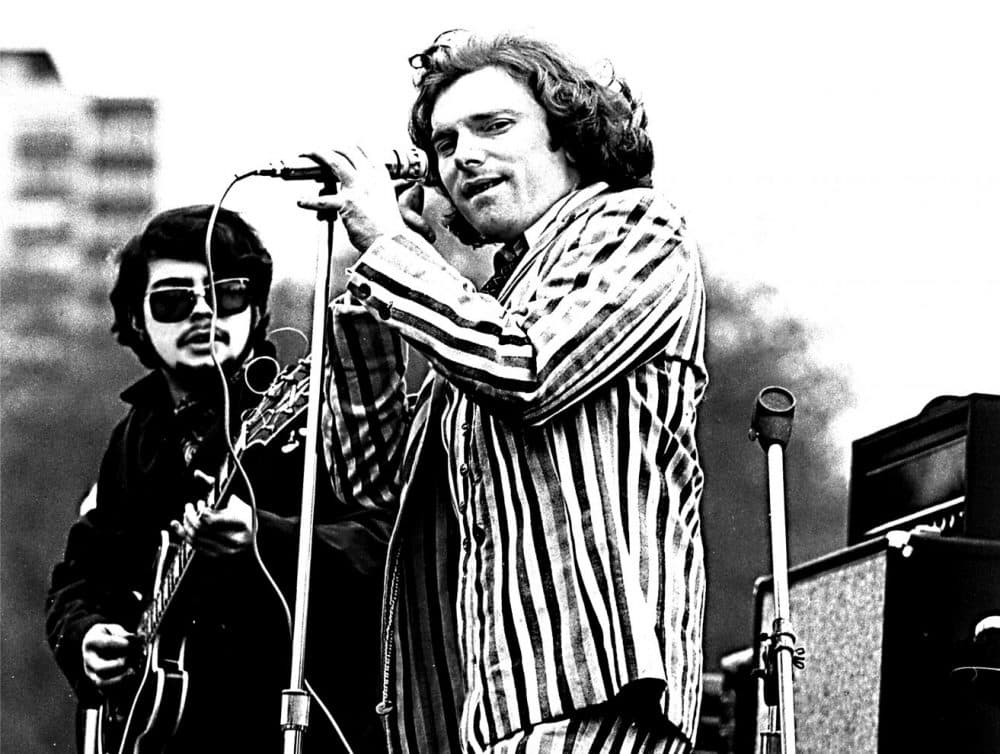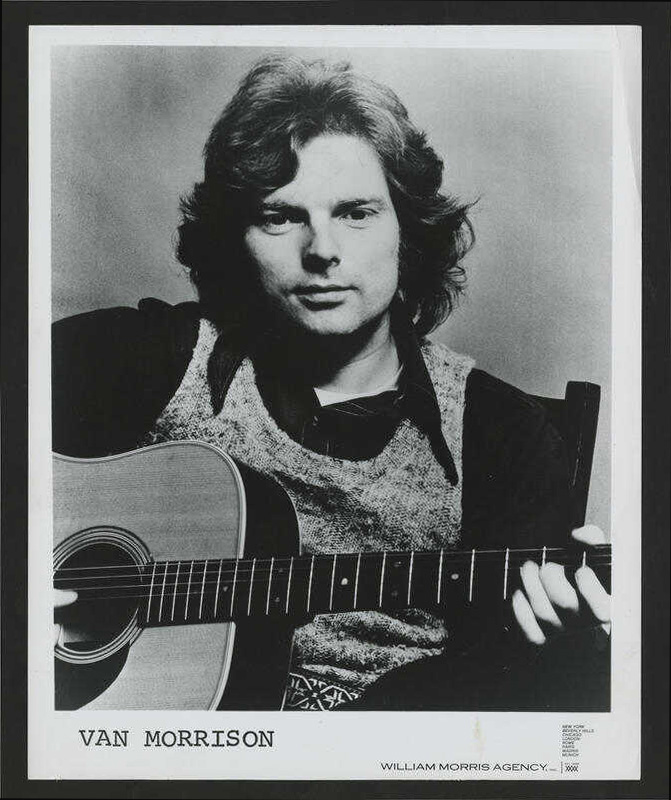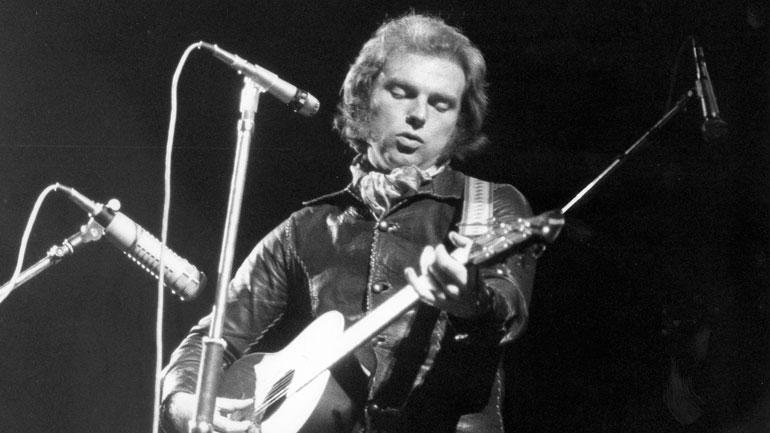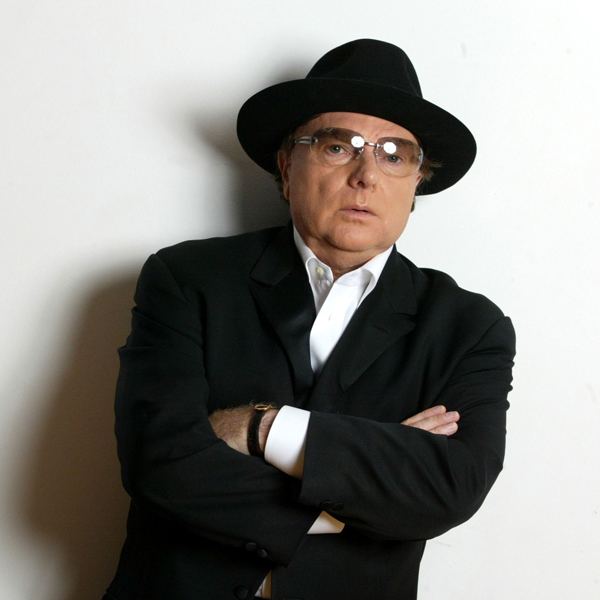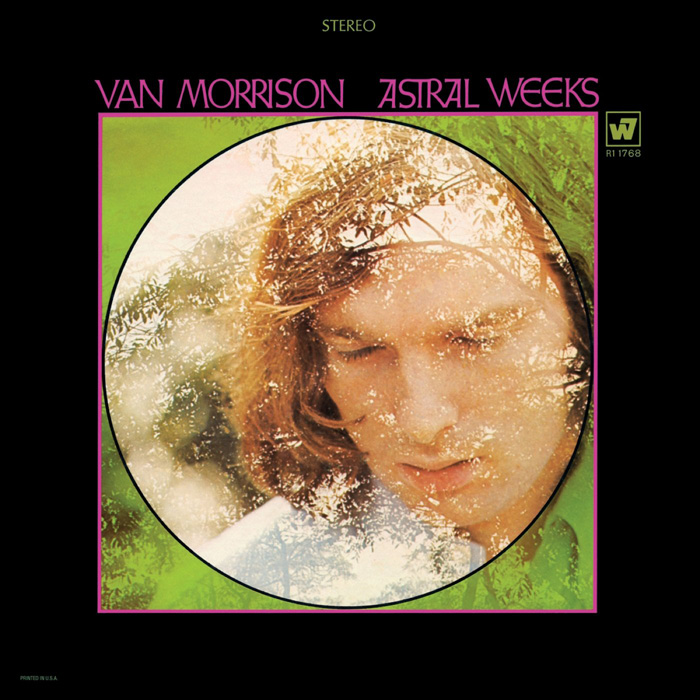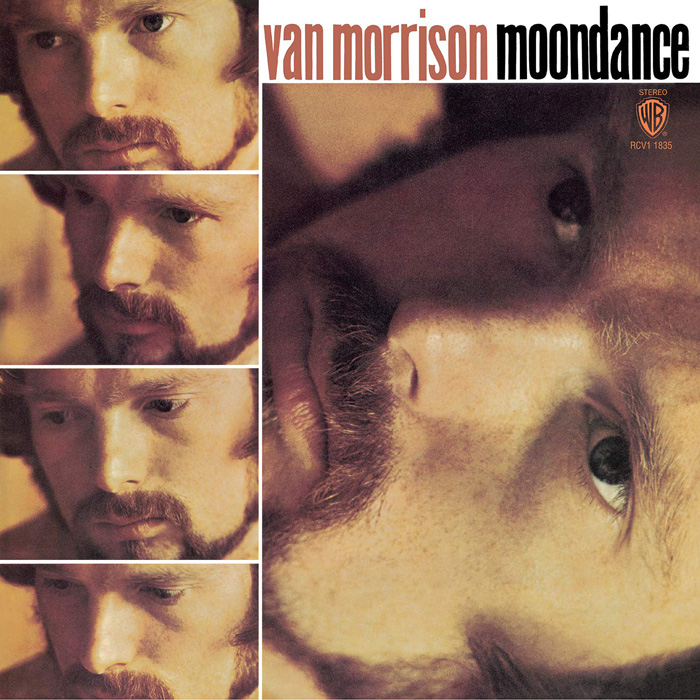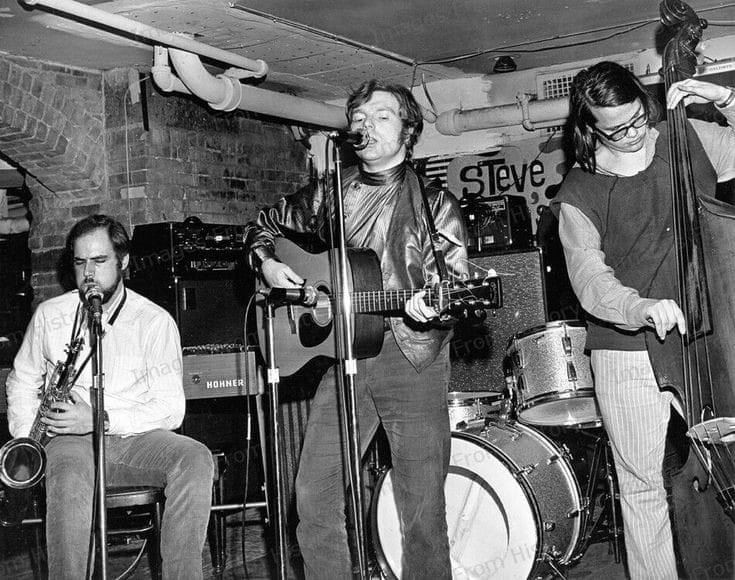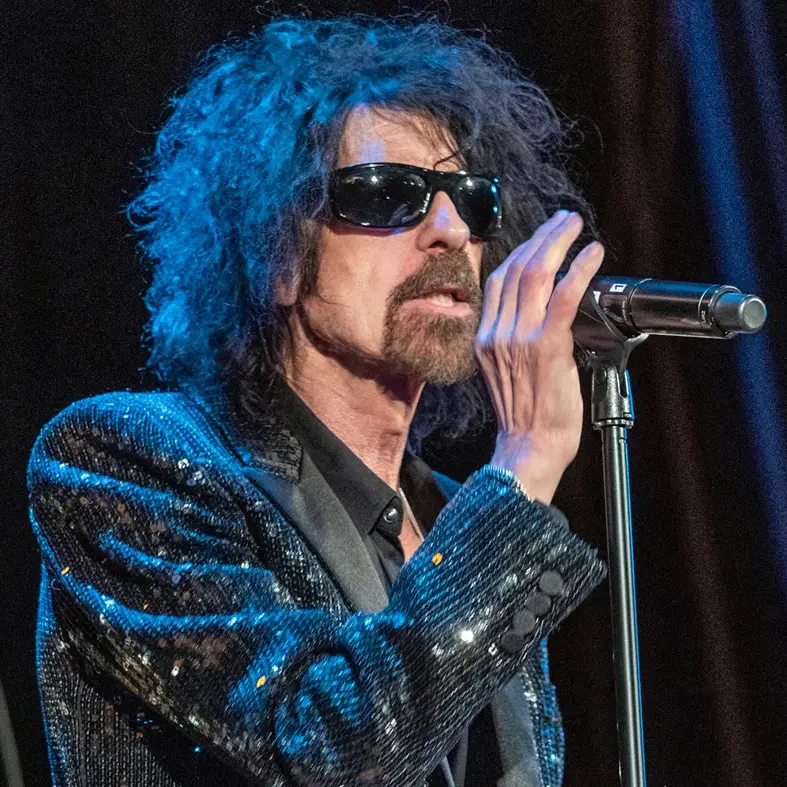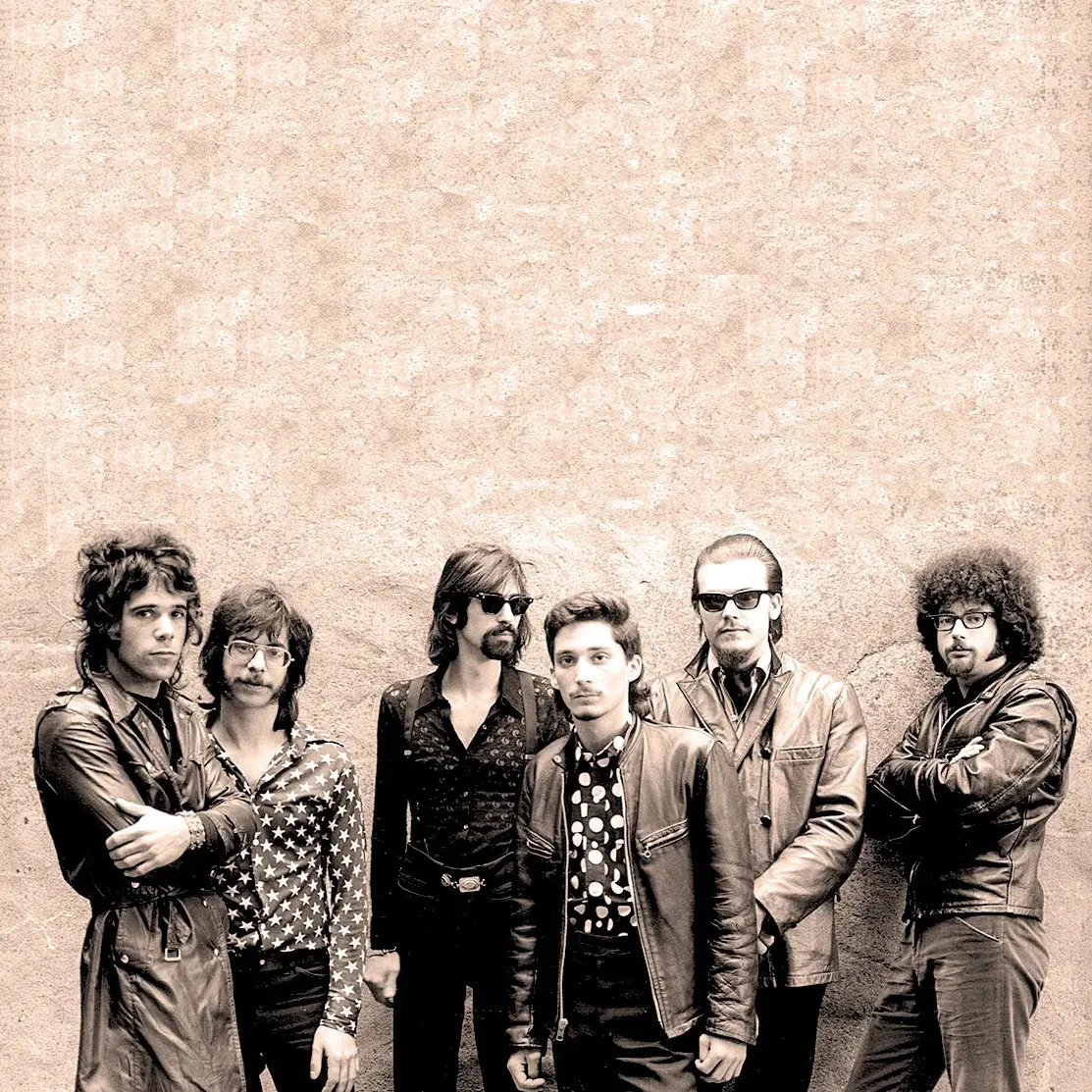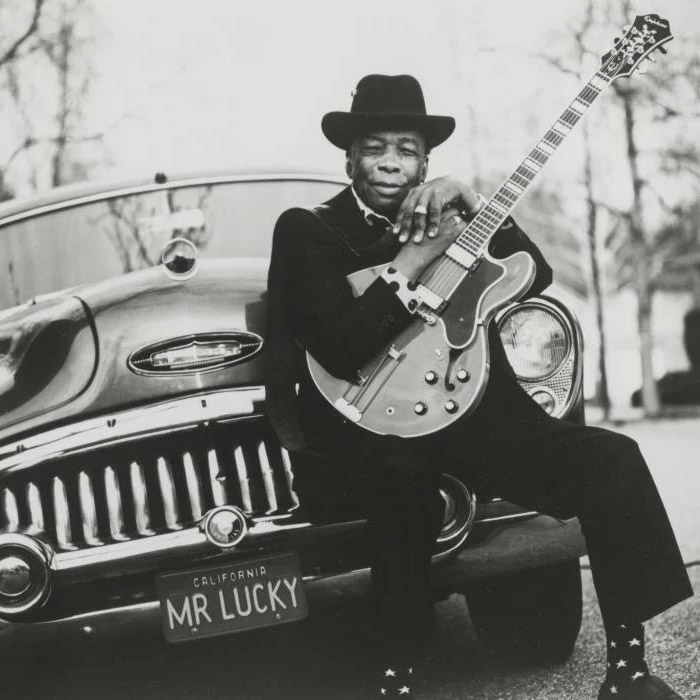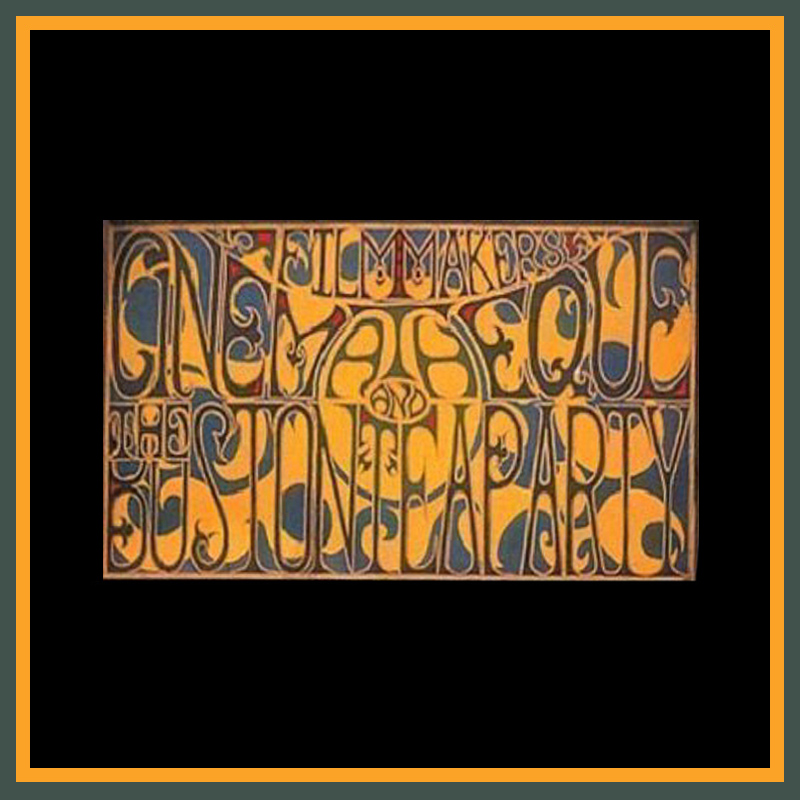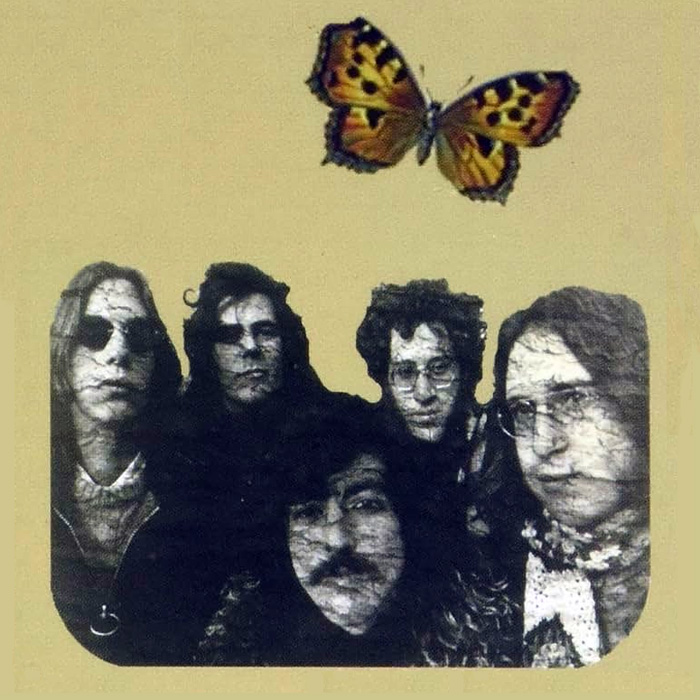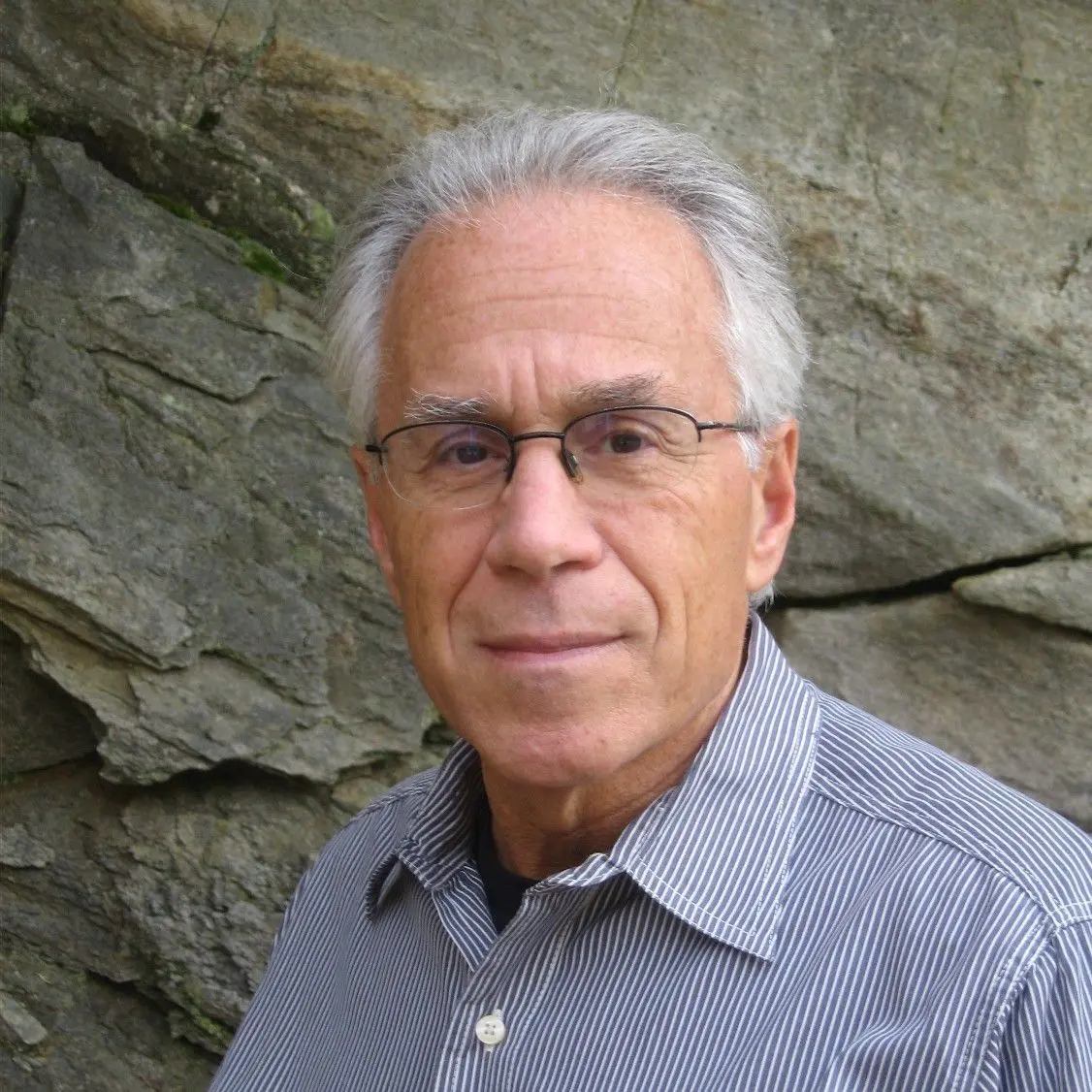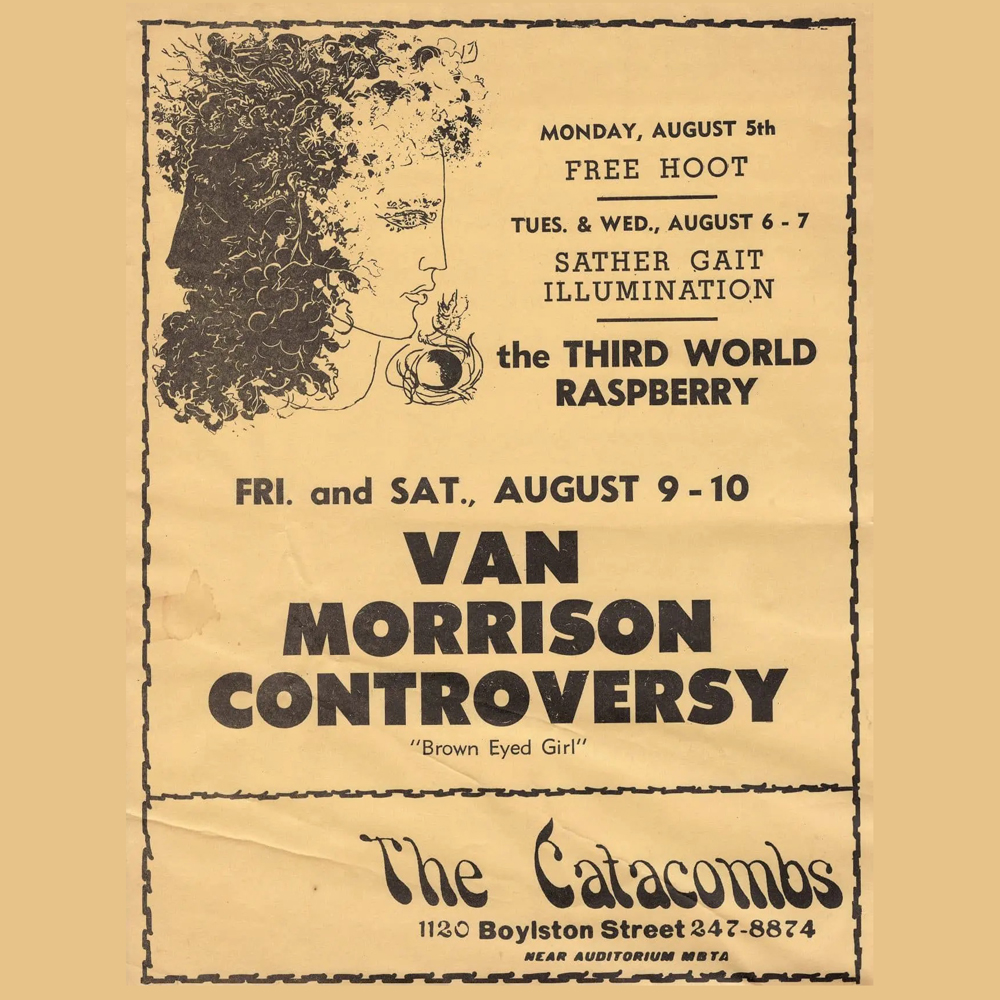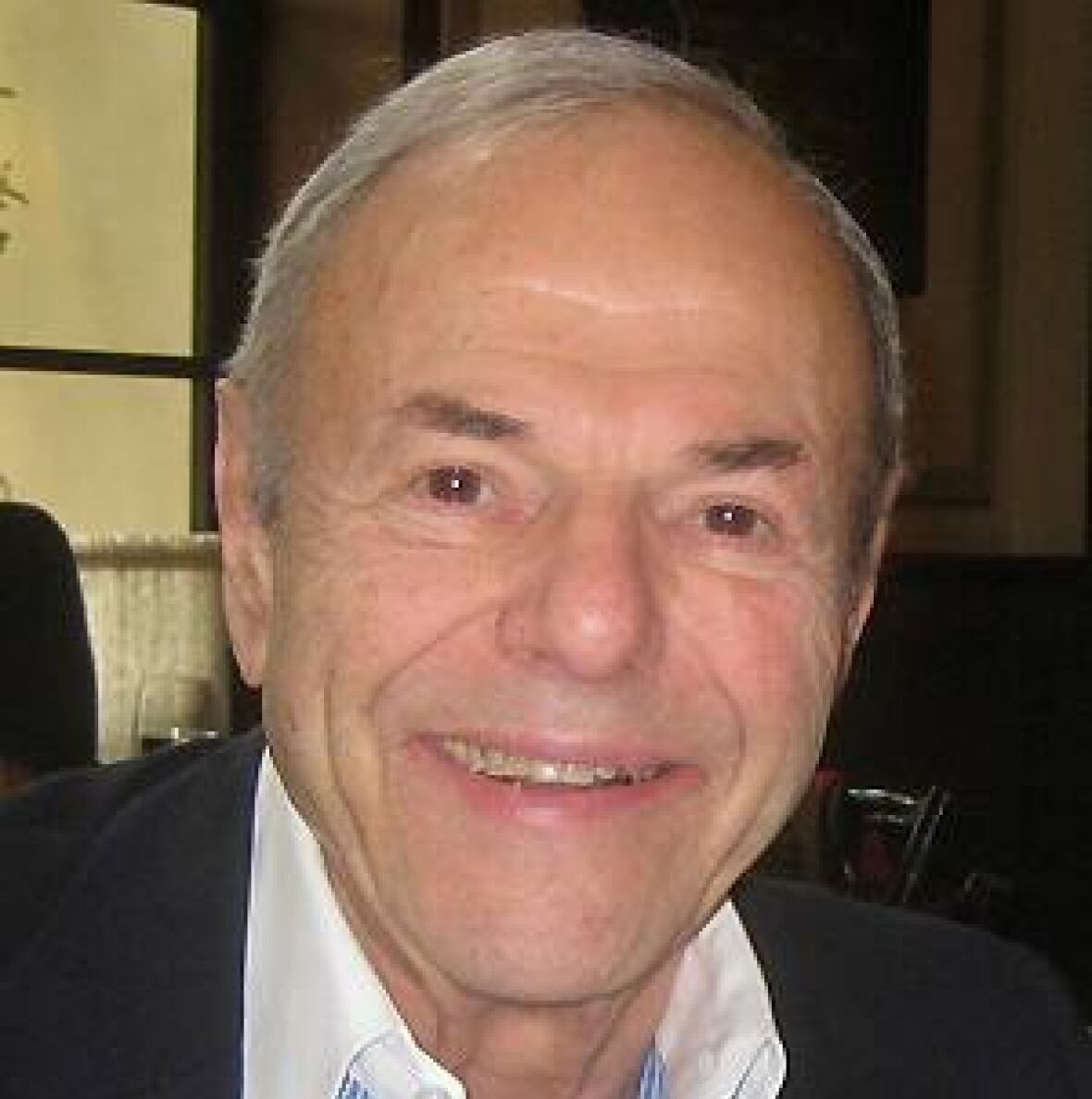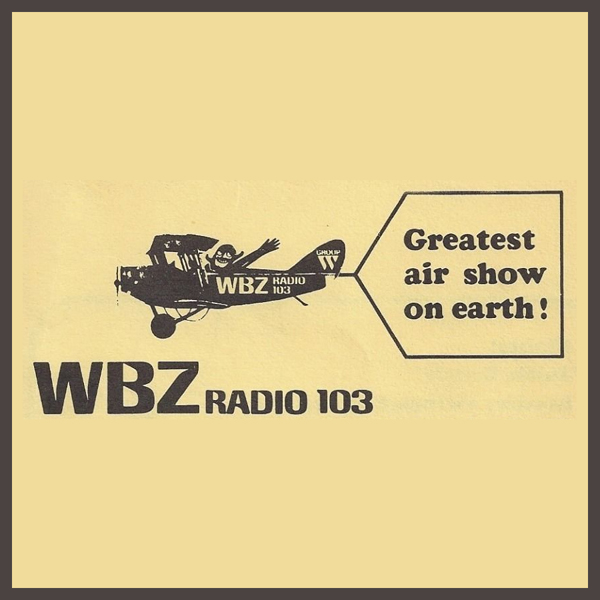Van Morrison
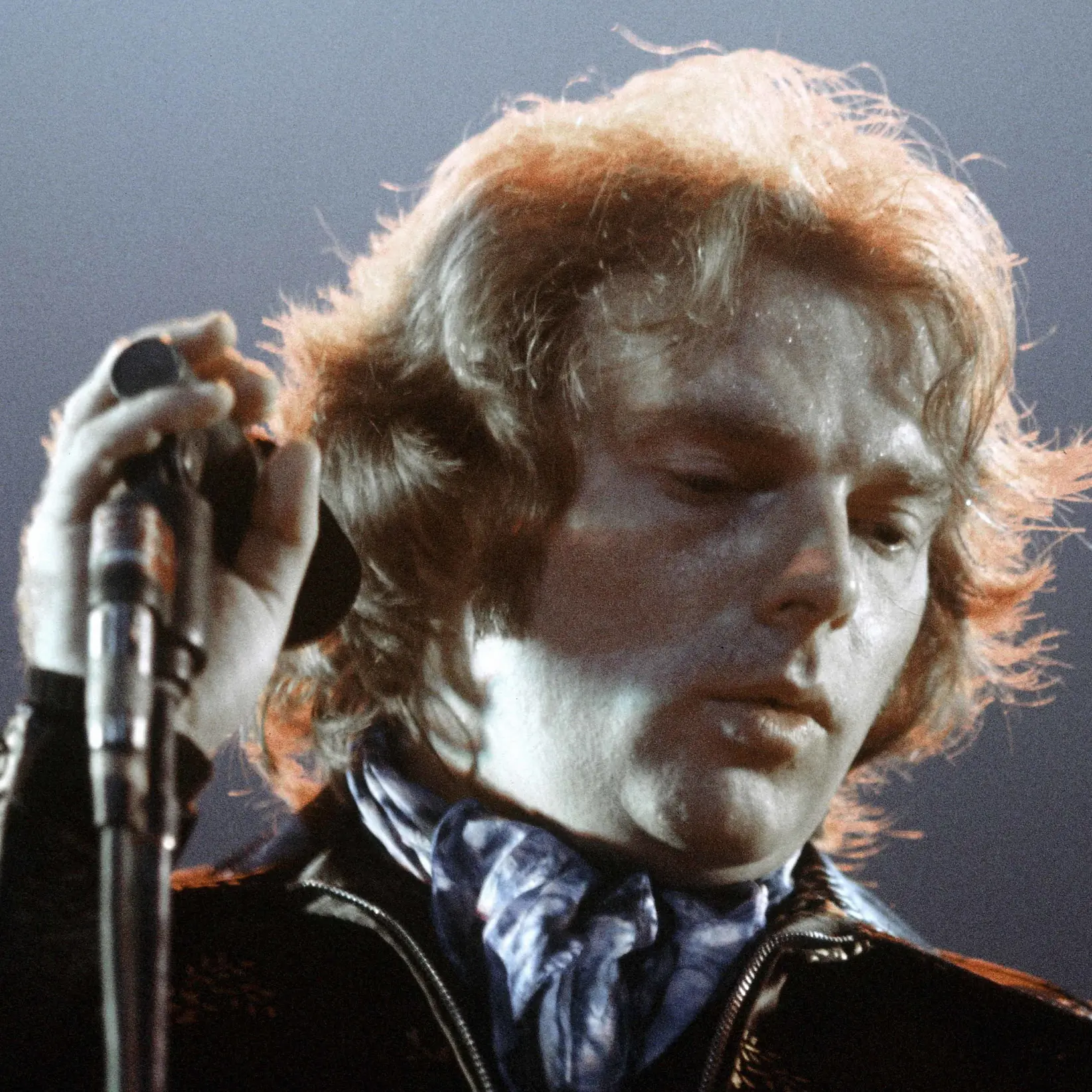
Every musician, music lover and casual radio listener in the developed world knows the name Van Morrison, of course. For over five decades, the Belfast-born multi-instrumentalist and quintessential blue-eyed-soul troubadour has been crafting and performing acoustical masterpieces with a matchless blend of folk, jazz and blues while diving deeply “into the mystic,” to quote one of his classics.
But what many don’t know is that the roughly nine months Morrison spent living in Cambridge, Massachusetts in 1968 were an elemental part of his transformation from British Invasion-era pop star to legendary musical maverick, as evidenced by his second solo album, Astral Weeks, which famed music journalist Lester Bangs once called “a mystical document.” Morrison wrote most of that seminal work during his time in Cambridge, played all of its songs at venues in the area before recording them and the region’s influence is unmistakable in some of lines on the album’s back jacket: “I saw you coming from Cambridgeport with my poetry and jazz” and “I saw you coming from the Cape, way from Hyannis Port all the way.”
PRE-CAMBRIDGE YEARS: THEM, BLOWIN’ YOUR MIND!
Before making the dramatic shift in artistic direction heard on Astral Weeks, Morrison had achieved significant success in the pop world, starting from the nearly two years he spent fronting Them (1964-1966). Their rendition of the Morrison-penned “Gloria” made it to #75 in the Billboard Hot 100 in 1964 and became a garage-rock staple, and their 1965 singles “Here Comes the Night” and “Baby, Please Don’t Go” hit #2 and #10 in the UK respectively.
In late 1966, 21-year-old Morrison left the group and moved to New York City to pursue a solo career, soon signing with Bang Records. In 1967, the label released his debut, Blowin’ Your Mind!, and its single “Brown Eyed Girl,” which hit #10 in the Billboard Hot 100 and increased Morrison’s name recognition exponentially – overnight. Despite the album’s commercial success, however, Morrison was infuriated by producer Bert Berns’ marketing strategy. While he considered himself a singing poet as influenced by Irish writers like W.B. Yeats and skiffle icon Lonnie Donegan as by bluesmen Muddy Waters and John Lee Hooker, Bern viewed him as a way to surf the era’s psychedelia wave and used a photo of a sweating, spaced-out Morrison on the album cover with “trippy” artwork.
Although he had a top-10 hit, performed live almost nightly and appeared on American Bandstand, Morrison was flat broke, lived in ramshackle hotels and argued incessantly with Berns over royalties until December 1967, when Berns died of a heart attack. Morrison’s new Bang contact was the infamously mob-connected promotor Carmine “Wassel” DeNoia, who had zero patience for the singer-songwriter’s financial demands and artistic vision and who openly – almost proudly – admitted to threatening Morrison with deportation and to smashing an acoustic guitar over his head during one particularly heated exchange.
MOVE TO CAMBRIDGE, ACE RECORDING STUDIOS AUDITION
In early 1968, with higher royalties a pipe dream and DeNoia’s tyrannical threats becoming more extreme, Morrison fled New York for Cambridge where he rented a rundown apartment at 602 Green Street. Within a few weeks he formed a trio with bassist Tom Kielbania, a Berklee College of Music student, and guitarist John Sheldon, who later joined The Bead Game, and the band rehearsed the songs that would later appear on Astral Weeks.
In March, Morrison performed the song “Astral Weeks” at an audition for producer Lewis Merenstein at Ace Recording Studios in Boston. “I started crying. It just vibrated in my soul and I knew that I wanted to work with that sound,” Merenstein once said, as quoted by Clinton Heylin in his book Can You Feel The Silence?: Van Morrison: A New Biography (Chicago Review Press, 2003). “My whole being was vibrating. I knew he was being reborn and I knew I wanted to work with him.”
THE BOSTON TEA PARTY, PETER WOLF
Also in the spring of 1968, a remarkable twist of fate connected Morrison with a local kindred spirit he unknowingly knew already through the airwaves. While visiting The Boston Tea Party to ask manager Steve Nelson about booking a gig, he happened to meet future J. Geils Band frontman Peter Wolf, who was then part of The Hallucinations and an overnight deejay at WBCN, where he used the persona “the Woofa Goofa.” The two became fast friends when Wolf realized that Morrison – entirely unaware that Wolf was “the Woofa Goofa” – had been the person sending anonymous postcards to him at the station requesting that he play more songs from lesser-known blues artists.
THE VAN MORRISON CONTROVERSY, THE CATACOMBS
By August 1968, guitarist Sheldon had left the trio and Morrison had started playing guitar on stage, backed by bassist Kielbania and drummer Joey Bebo. Calling themselves The Van Morrison Controversy, they did a number of gigs at The Boston Tea Party, The Psychedelic Supermarket and The Catacombs, a basement club on Boylston Street that had hosted local folk artists including Tom Rush and Jackie Washington.
The stream-of-conscious lyrics and kaleidoscopic sound of Morrison’s latest material suited The Catacombs’ vibe perfectly – particularly once he added flutist John Payne after a couple shows – and the group performed all of the eventual Astral Weeks tracks at their Catacombs gigs. “Brown Eyed Girl” was usually on the setlist, too, as was the then-unreleased “Domino,” which went to #9 in the Billboard Pop Singles chart two years later (when it was the first single from Morrison’s 1970 LP His Band and the Street Choir).
JOE SMITH, WARNER BROS. SIGNING
In late August 1968, arguably the biggest break of Morrison’s career came from Chelsea, Massachusetts, native and former WMEX and WBZ deejay Joe Smith, the Warner Bros. A&R legend who’d signed Peter, Paul and Mary, the Grateful Dead and Jimi Hendrix. Smith came to see a Morrison gig at The Catacombs at the behest of Merenstein, who’d raved about the singer’s audition at Ace and – despite thinking that the night’s performance was lukewarm and having misgivings about the Irishman’s notoriously cantankerous personality – he signed Morrison immediately for having what he once called “the best rock-and-roll voice ever.”
CONTRACT COMPLICATIONS
The situation was complicated, however – and dangerous – because Morrison remained under contract with Bang. To change that, Smith agreed to Morrison submitting three original songs per month to Bert Bern’s publishing company – which he did by recording 36 nonsense songs in a single session – and to Astral Weeks including two originals initially recorded for Bang, “Madame George” and “Beside You.”
Also, by arrangement with comedian Don Rickles’ mob-connected manager Joe Scandore, Smith personally delivered $20,000 (about $174,000 in 2023) to an abandoned Manhattan warehouse where four men met him, took the cash and handed him Morrison’s original Bang contract in return. Smith never heard from the men again, joking later that “They weren’t in the music business.”
ASTRAL WEEKS
Finally free from Bang, the 23-year old Morrison recorded Astral Weeks at Century Sound Studios in New York in September and October 1968; Warner Bros. released it in November. Produced by Merenstein – for whom Morrison had auditioned only eight months before – the album was a bold, 180-degree turn from the packaged pop of Blowin’ Your Mind! and stunned those expecting something similar.
Of the musicians who backed Morrison at his Cambridge and Boston shows, only John Payne appears on Astral Weeks; he played soprano sax and flute on one track, “Slim Slow Slider.” The rest of the band consisted of top-tier jazz cats: guitarist Jay Berliner (Charles Mingus), double bassist Richard Davis (Eric Dolphy), percussionist Warren Smith, Jr. (Herbie Mann) and drummer Connie Kay (the Modern Jazz Quartet).
CRITICAL RESPONSE
Though the album received an indifferent response from the record-buying public – and was not certified Gold until 2001 – it met with effusive praise from the majority of critics, particularly for its unprecedented lyrical mix of Celtic mysticism and French impressionism. As former Spin magazine editor-in-chief Alan Light once wrote, Astral Weeks was “like nothing Morrison had done previously – and really, nothing anyone had done previously.” In 2003, Rolling Stone put it at #19 in its list of 500 Greatest Albums of All Time.
MOONDANCE
Morrison’s next album, Moondance (also produced by Merenstein), received far from an indifferent response when Warner Bros. released it in January 1970. Its horn-driven blend of jazz, soul, pop and Irish folk and themes of spiritual renewal and redemption sent the LP to #29 in the Billboard 200 and #32 in the UK. Several songs, including the title track, remain radio staples to this day and it catapulted Morrison’s career into the stratosphere, establishing the “living legend” status he’s held ever since. He recorded seven more albums for Warner Bros., the last being 1978’s Wavelength, before signing with Mercury.
50TH ANNIVERSARY EVENT, “VAN MORRISON ASTRAL WEEKS DAY”
On December 1, 2018, the Cambridge Arts Council and Cambridge Public Library sponsored the Astral Weeks 50th Anniversary Celebration at the corner of Green and Bay Streets, Morrison’s old neighborhood. Featured speakers included three of his Cambridge-era bandmates, Tom Kielbania, John Payne and Joey Bebo, the last of whom wrote a book about his experience working with Morrison, In the Back of the Van: The Story of One Unforgettable Summer (Joseph M. Bebo Books, 2016). Others were Ryan H. Walsh, author of Astral Weeks: A Secret History of 1968 (Penguin, 2018), and Cambridge Mayor Marc McGovern, who declared December 1st “Van Morrison Astral Weeks Day” in the city.
(by D.S. Monahan)

